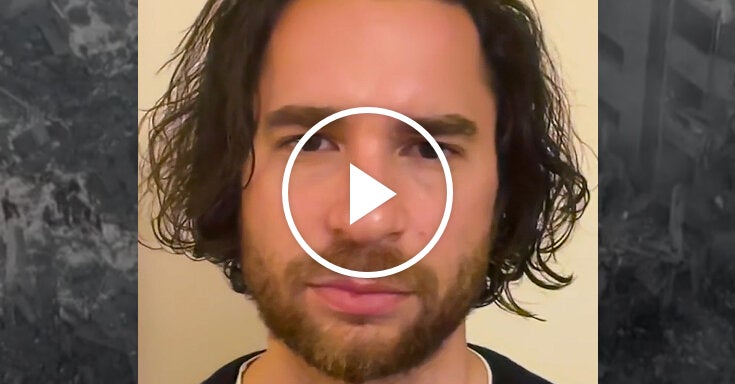After 11 days of intense fighting, Israel and Hamas have agreed to a cease-fire deal that aims to bring an end to the deadly conflict that has ravaged the Gaza Strip. The agreement comes as a welcome relief for Palestinians who have borne the brunt of Israel’s military campaign, which has left more than 45,000 people dead and many more injured.
The cease-fire deal, brokered by Egypt and Qatar, was announced on Thursday and went into effect in the early hours of Friday morning. The agreement calls for an immediate cessation of hostilities on both sides, with Israel halting its airstrikes on Gaza and Hamas ceasing its rocket attacks on Israeli cities. The deal also includes provisions for the reopening of Gaza’s border crossings to allow for the flow of humanitarian aid and reconstruction materials into the besieged enclave.
For Palestinians in Gaza, the cease-fire offers a much-needed respite from the relentless bombardment that has turned their lives upside down. The past two weeks have seen entire neighborhoods reduced to rubble, hospitals overwhelmed with casualties, and families torn apart by the loss of loved ones. The psychological toll of living under constant fear of death has been immeasurable, with many residents left traumatized by the violence they have witnessed.
The cease-fire deal also holds the promise of a possible prisoner exchange between Israel and Hamas. According to reports, Israel has agreed to release at least a third of the Palestinian prisoners currently held in its jails in exchange for the return of Israeli hostages held by Hamas. The details of the prisoner swap are still being worked out, but it represents a glimmer of hope for families on both sides who have been waiting anxiously for news of their loved ones.
However, despite the apparent breakthrough in negotiations, there remains a sense of lingering uncertainty over the future of the region. The cease-fire deal does not address the underlying issues that have fueled the conflict between Israel and Hamas for decades, including the Israeli occupation of Palestinian territories, the blockade of Gaza, and the lack of a viable political solution to the Israeli-Palestinian conflict.
Patrick Kingsley, the Jerusalem bureau chief for The New York Times, explains that while the cease-fire deal is a positive development in the short term, it is far from a lasting solution to the deep-rooted problems that have plagued the region for years. In an interview with the BBC, Kingsley cautioned that the cease-fire could easily unravel if the underlying grievances of both sides are not addressed.
Kingsley pointed out that the cease-fire deal does not address the issue of Israeli settlements in the occupied West Bank, which have long been a source of contention between Israelis and Palestinians. The expansion of Israeli settlements on Palestinian land has been a major obstacle to peace negotiations in the past, and their continued growth threatens to undermine any future attempts at a two-state solution.
In addition, the cease-fire deal does not address the issue of the blockade of Gaza, which has inflicted immense suffering on the residents of the coastal enclave for more than a decade. The blockade, imposed by Israel and Egypt after Hamas took control of Gaza in 2007, has severely restricted the movement of people and goods in and out of the territory, leading to widespread poverty, unemployment, and humanitarian crisis.
Kingsley also noted that the cease-fire deal does not address the political divisions among Palestinians, with Hamas controlling Gaza and the Palestinian Authority ruling over the West Bank. The lack of unity among Palestinians has weakened their ability to present a unified front in negotiations with Israel, and has hindered efforts to achieve a lasting peace agreement.
Despite these challenges, Kingsley expressed cautious optimism about the prospects for a lasting peace in the region. He pointed to the recent normalization agreements between Israel and several Arab countries, including the United Arab Emirates, Bahrain, and Sudan, as a sign that regional dynamics are shifting in favor of peaceful coexistence.
Kingsley emphasized the importance of addressing the root causes of the conflict, including the need for a just and lasting solution to the Israeli-Palestinian conflict that addresses the legitimate aspirations of both Israelis and Palestinians. He called on the international community to support efforts to bring about a negotiated settlement that respects the rights and dignity of all parties involved.
As the dust settles on the latest round of violence between Israel and Hamas, the people of Gaza are left to pick up the pieces of their shattered lives. The cease-fire deal offers a brief respite from the bloodshed and destruction, but the road to lasting peace remains long and uncertain. Only through genuine dialogue, mutual respect, and a commitment to justice and equality can Israelis and Palestinians hope to break the cycle of violence and build a future of peace and prosperity for generations to come.









